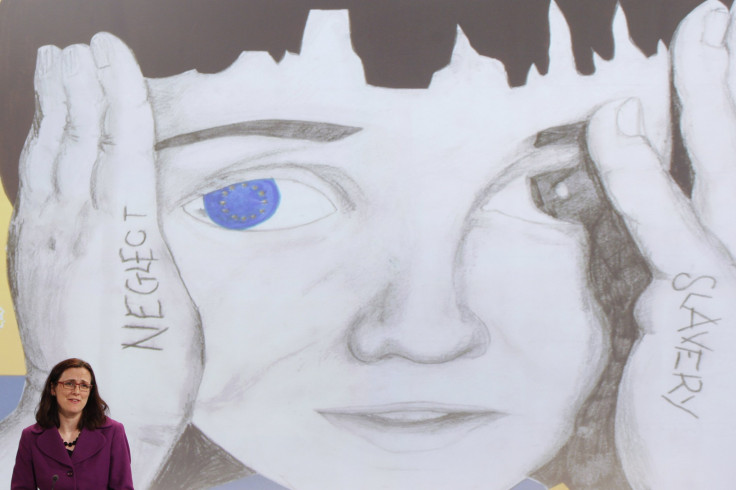The future of pornography in Australia

Britain has welcomed software that forces porn websites to verify the age of users. Cyber safety experts believe the same move can be used to protect Aussie kids as well. Australia's eSafety is closely watching the outcome of the UK policy.
Julie Inman Grant, eSafety commissioner, said that technology solutions can help limit content types that kids can access, but they alone cannot be used to solve the entire problem. Australian advocacy groups state that pornography contributes to sexist views of women and sex, ABC reports.
Some studies point to a connection between pornography and a rise in child-on-child sexual abuse. "Right now, we have laws around cigarettes, we have laws around alcohol, it's (pornography) simply unsuitable for consumption by children," Chairwoman of Porn Harms Kids Liz Walker said.
The British Parliament has approved orders that compel pornography websites in the UK to install age-verification software. Even credit card details may potentially be asked from users to ensure they are aged 18 and above.
Online privacy campaigners, however, have expressed concerns about the collection of users' private details. Jon Lawrence, Electronic Frontiers Australia executive officer, argued that required age verification would not be an efficient policy in the country and is something the Australian public would not stand for.
"[The age checks] are trivial to circumvent, they are not effective and they have really quite serious unintended consequences," he said. Lawrence believes that data could be targeted by hackers for malicious purposes like blackmail.
Ultimately, Lawrence recognised that it is important the government takes action to protect Australian children from pornography, but control of access, he said, is not the solution. In 2007, the Rudd government faced public backlash after its attempt to launch an internet filter policy. It was eventually dropped.
But Walker said the society should not expect parents to shoulder the whole responsibility of child protection. She added it is deemed as a public health crisis of the digital world, and once something becomes a public health crisis, it becomes everyone’s obligation to make a step to stop further harm.
Earlier this year, the government backed up senate references committee recommendations for further research into child exposure to internet pornography. Meanwhile, in the UK, Digital Minister Matt Hancock has signed the commencement of the Digital Economy Act to ensure those who cannot “normally” access porn are not able to do so online.
Read More:
Research reveals Australia has better healthcare system than the US
Australian woman's US cop killer identified
Fox Business/YouTube





















